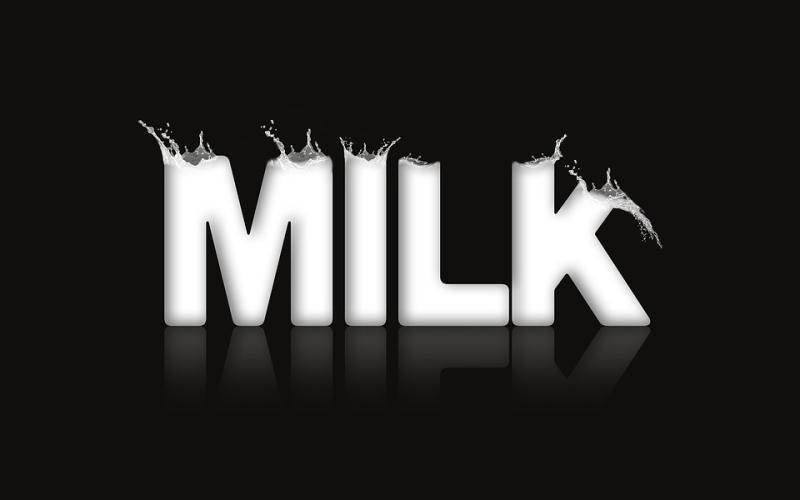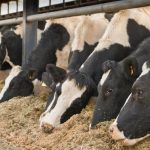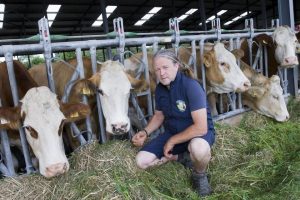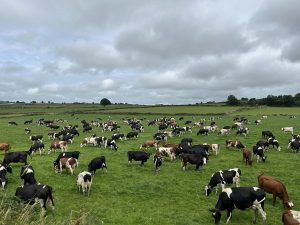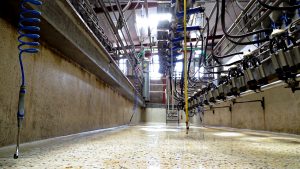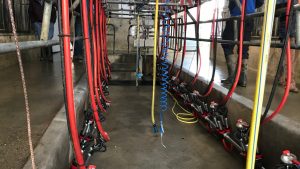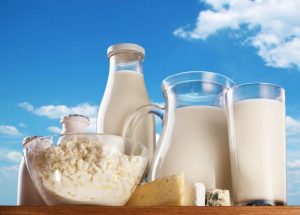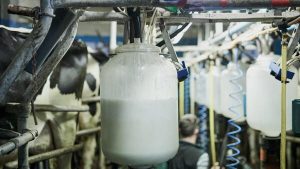
Mr Murphy said that 2023 could easily turn into a ‘perfect storm’ for farmers where slashed milk price passed input costs ‘on the way down’ and left farmers supplying Peak Period milk below the costs of production.
Mr Murphy said that must not happen and co-ops are now going to have to take a stand for their farmer-members and resist any pressure from the retail corporations to cut farmer milk price.
“The last week has provided us all with a very stark reminder as to exactly what is wrong with the margins in our food supply-chain. The retail corporations have announced that they are reducing the price at which they sell milk and butter and it is now the duty of our co-ops to make sure that the retailers do not weasel out of their decision and try and pass the reduction along to us.
Stand their ground
“We expect the co-ops to stand their ground and we will watch very carefully to make sure that they do.
“ The recent GDTs showed a rise in overall prices and that means that the only pressure to cut milk price is coming from the same entities that announced they were cutting their prices last week. They must be told by our co-ops that the retail price reductions announced must be funded out of the retailers’ margins and that farmer milk price will not be affected.
“They can give away their own money, they are not giving away ours,” said Mr Murphy.
Mr Murphy pointed out that milk price has fallen more drastically and quicker than any of the inputs such as fertilizer and feedstuffs on Irish dairy farms.
On average, milk price has fallen 15cpl across all Co-ops in the the first there months of 2023 which amounts to more than a 25% reduction with massive implications for dairy farmer incomes.
He noted that fertilizer prices have started to fall in the last month, but only after the majority has been purchased at the higher price levels and feed prices have remained high for the last 18 months. The consequence of this is that 2023 will be a significantly high-cost year and the ruinous price-cost squeeze that was evident in 2009 and 2016 is starting to become a huge concern once more.
Blunt message
“We have to be as blunt as the situation warrants: prices returned by co-ops and milk purchasers must not reduce further in the coming months. There are some ‘green shoots’ in the spot markets including the GDT and farmers simply cannot afford further milk price reductions ahead of the peak milk supply months of April, May and June, where 40% of annual milk volumes on Spring-based systems is produced.
“This is the ‘make-or-break’ period in the Irish dairy year and returns have to be maximised,” said Mr Murphy.
